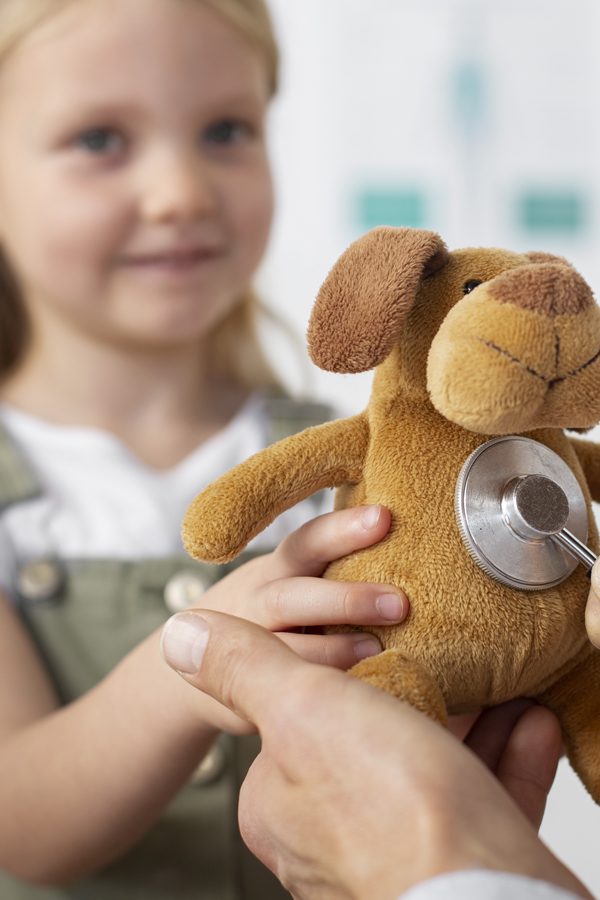Introduction
Paediatric oncology is a branch of medicine that focuses on the diagnosis and treatment of childhood cancers. In recent years, there have been significant advances in the field of paediatric oncology that have significantly improved the survival rates of children with cancer. However, it remains a serious disease that continues to affect a large number of children each year.
TYPES OF PAEDIATRIC CANCER
There are several types of paediatric cancer, the most common being leukaemia, brain tumours, lymphomas and neuroblastomas. These cancers can affect different parts of the body and require specific treatments depending on their location.
SYMPTOMS
The symptoms of paediatric cancer are often similar to those of common childhood illnesses, which can make diagnosis difficult. However, some signs may alert parents and healthcare professionals, such as unexplained weight loss, persistent pain, prolonged fever or abnormal bleeding.
DIAGNOSIS
Diagnosing paediatric cancer usually involves a physical examination, blood and urine tests, and imaging tests such as X-rays, scans or MRIs. In some cases, a biopsy may be needed to confirm the type of cancer.


TREATMENT
Treatment for paediatric cancer depends on the type, location and stage of the cancer. Treatment options include chemotherapy, radiotherapy, surgery and immunotherapy. In some cases, a combination of these treatments may be used to improve the chances of recovery.
SECONDARY SIDE EFFECTS
Cancer treatments can cause side effects in children, such as hair loss, nausea and vomiting, tiredness and loss of appetite. Healthcare professionals work to minimise these side effects through supportive treatments, such as antiemetics and complementary therapies.
FOLLOW-UP AFTER TREATMENT
After treatment, children with cancer should be followed regularly by a healthcare team to monitor their health and detect any recurrence or complications. Physical examinations, blood tests, imaging tests and consultations with the doctor are usually carried out at regular intervals.
EMOTIONAL SUPPORT
Paediatric cancer can be a traumatic experience for children and their families. It is important to provide emotional and psychological support throughout the treatment process. Support services may include individual or family therapy and support groups for children and parents.
PREVENTION
Although there is no way to completely prevent paediatric cancer, some things can be done to reduce the risk. These include adopting a healthy lifestyle with a balanced diet and regular physical activity, and avoiding risk factors such as passive smoking and exposure to toxic substances.
SENSITISATION
Raising awareness of paediatric cancer is essential to raise funds and support research into new treatments and cures for children with cancer. Events such as walks, concerts and fundraisers are often organised to raise awareness and funds for this important cause.
Conclusion
Pediatric cancer is a serious illness that requires specialized medical care and emotional support for children and their families.
With continued advances in research and treatments, there is hope for a better future for children with cancer. It is important to raise awareness and offer means of prevention in order to reduce the risks for future generations. Together, we can make a difference in the lives of these children and their families by supporting them throughout their journey.
It is also essential to continue to raise awareness and fund research to find more effective treatments and a complete cure for all children with cancer. By working together, we can help bring about positive change and ensure that every child has the chance to grow up healthy and happy.
Let us never forget children with cancer and continue to do everything we can to support them. Together we can beat pediatric cancer. As a society, we must also continue to address the potential causes of this disease and promote healthy lifestyles for our children.
We can all be part of the change by being informed and participating in initiatives and events to support research and children with cancer.
Together, we can make a difference in the lives of these children and give them a future full of hope.


